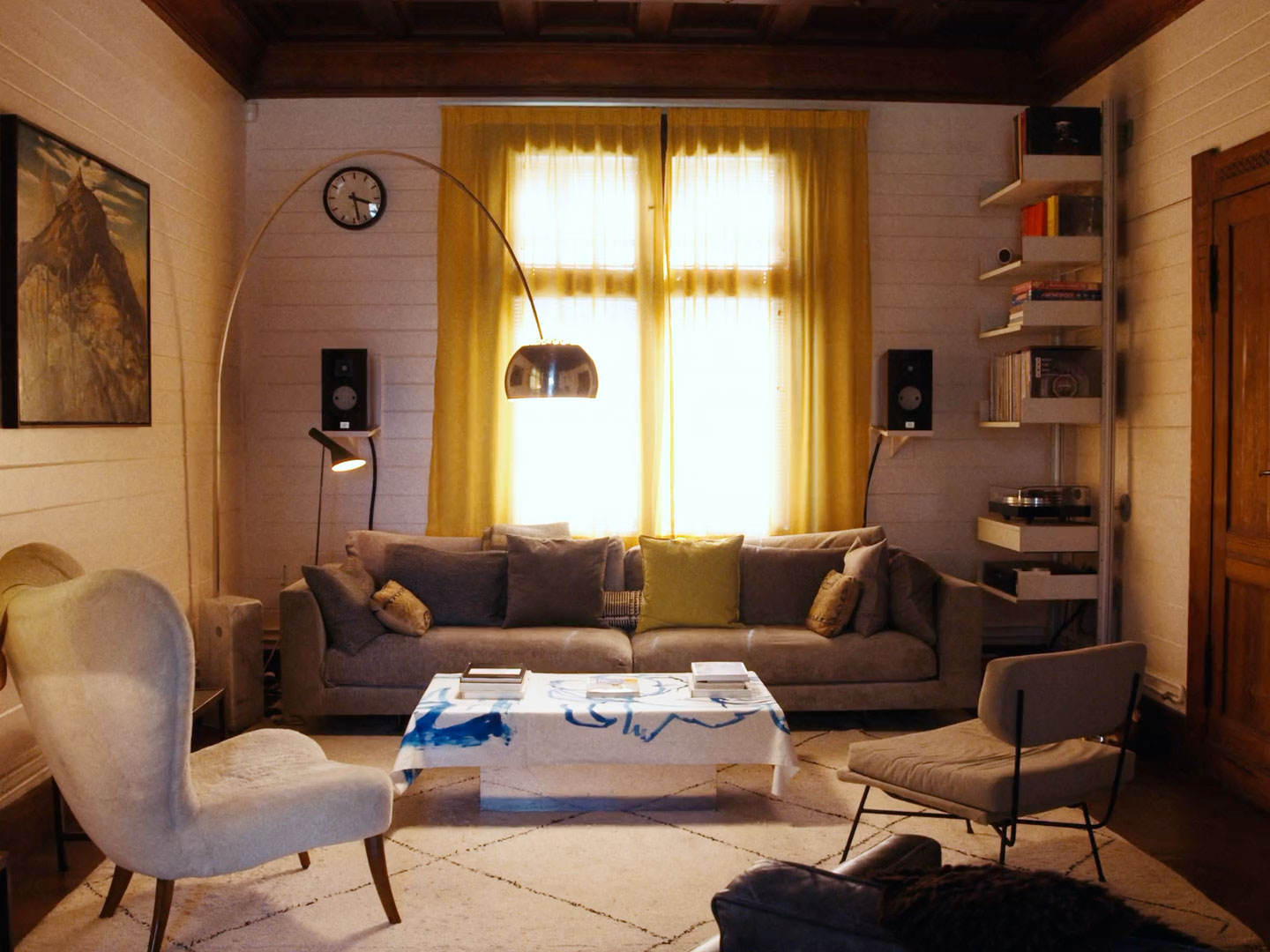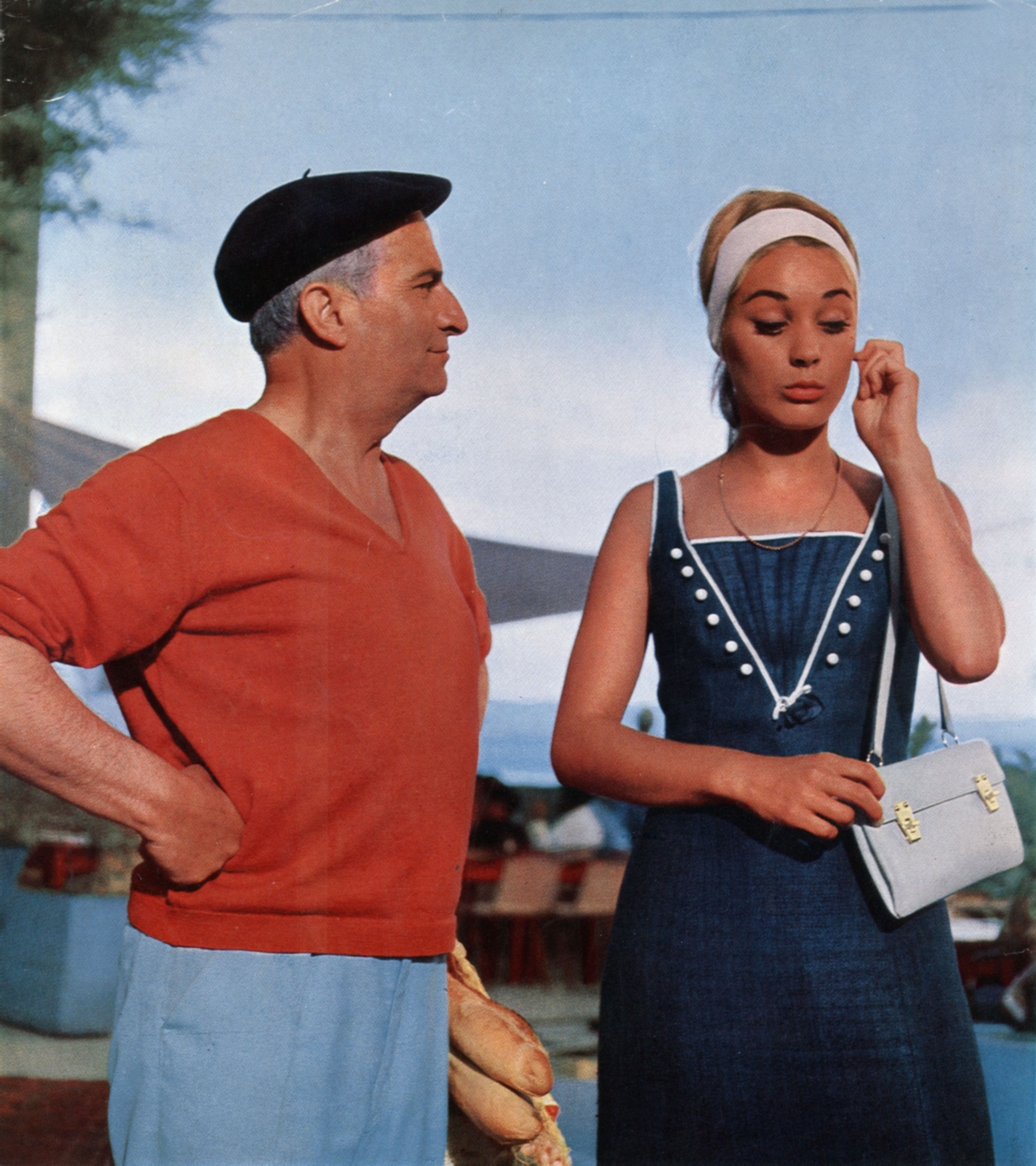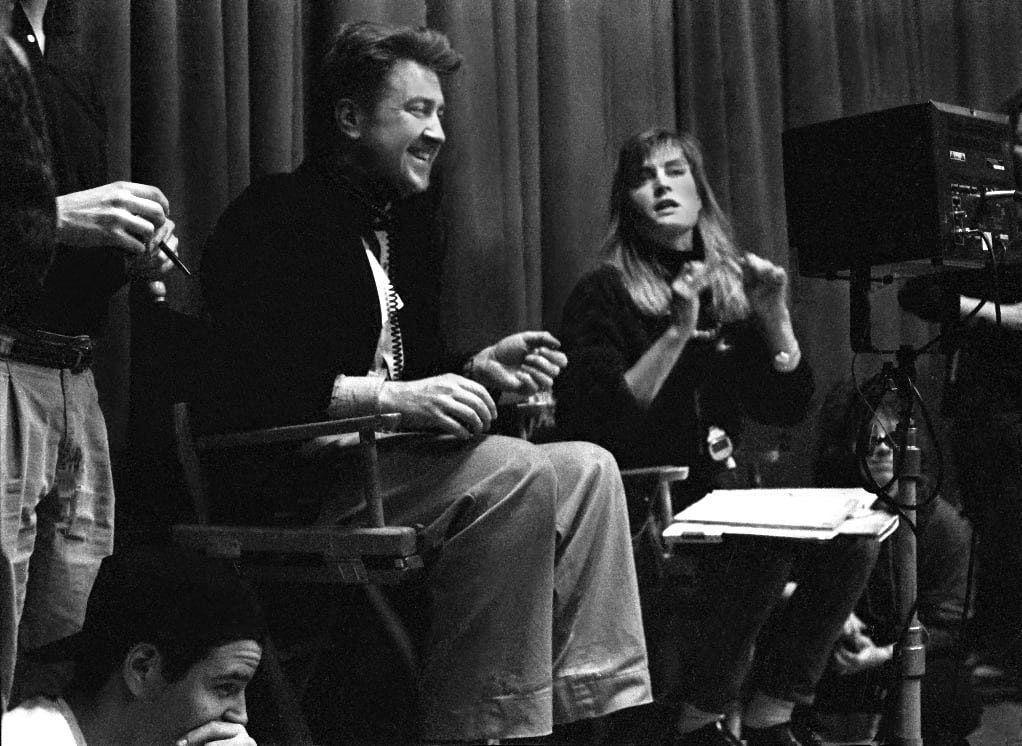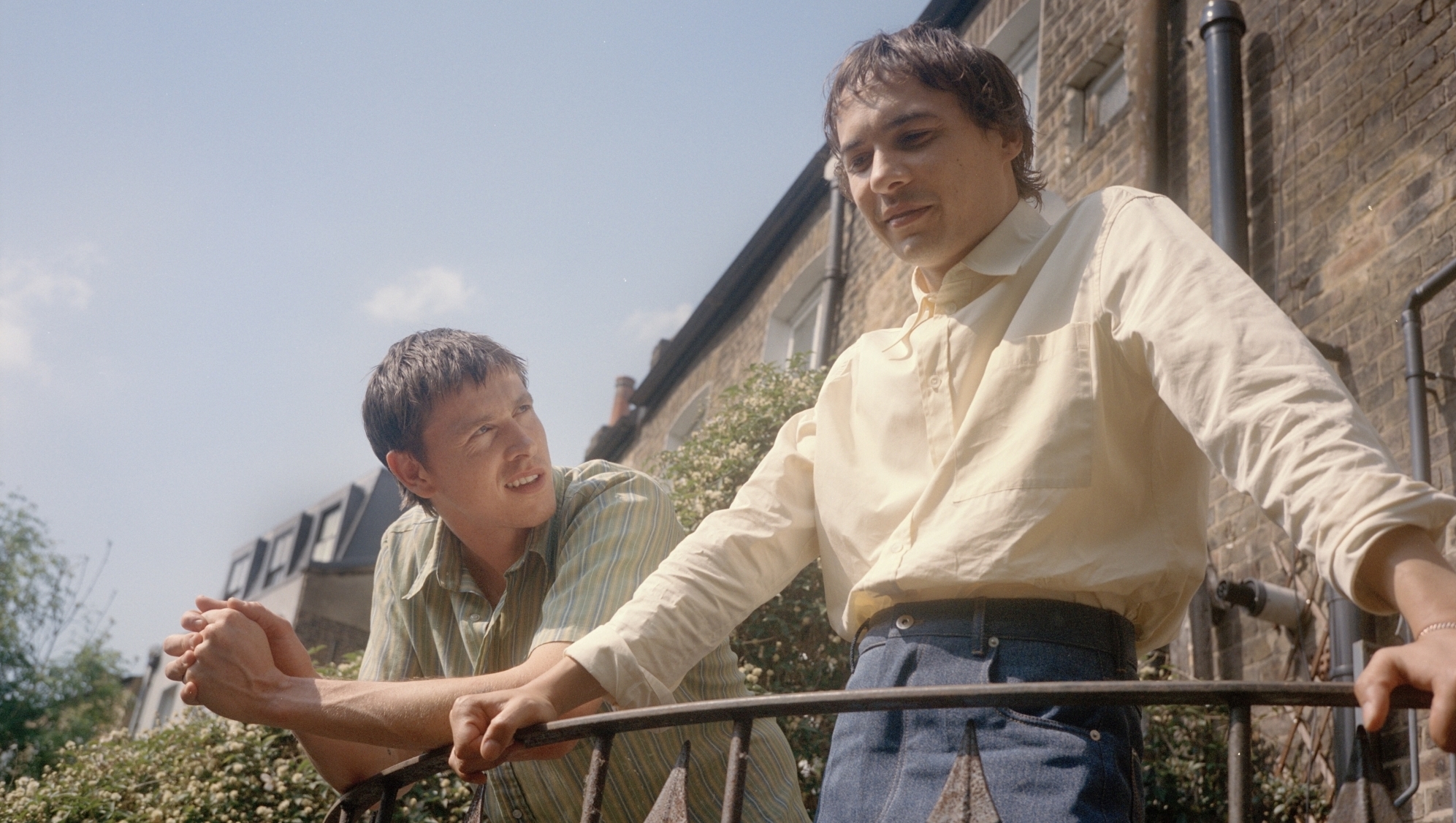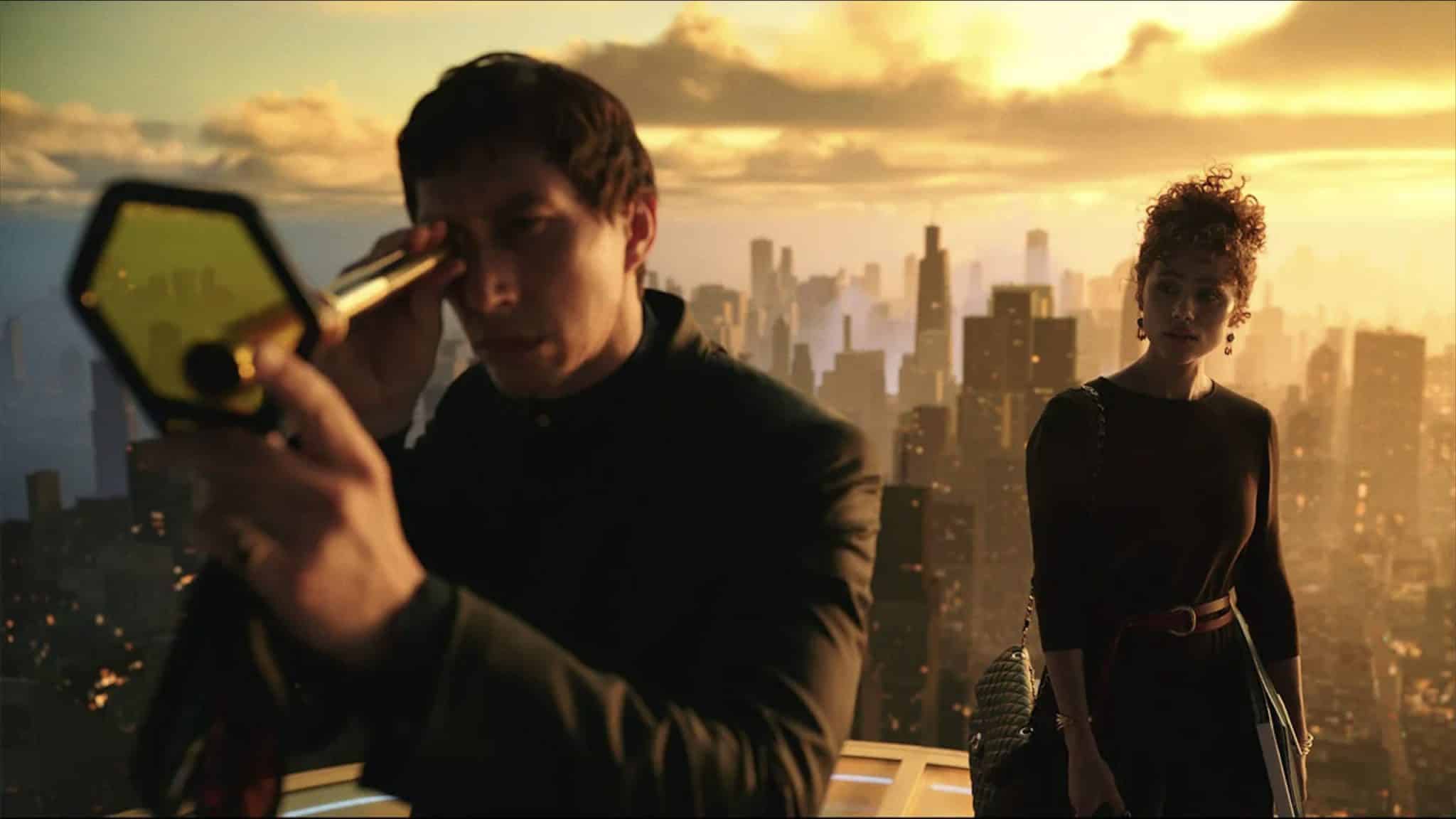
There’s an interlude of sorts halfway through Francis Ford Coppola’s Megalopolis where the auditorium lights brighten and a man walks on stage, between the screen and the audience, and asks Adam Driver’s protagonist a question. The protagonist, staring out into the crowd before him, answers, seemingly in real time. The man walks off stage, taking his mic stand with him, and the lights dim once more.
It’s just one of dozens of moments in Coppola’s 40-year long passion project that will likely become a point of both celebration and mockery as the film (hopefully) goes on to find distribution around the world, and it accurately captures the pure unpredictability of watching it for the first time. Megalopolis is spectacular, and judging by audience members’ reactions as they staggered out of the Palais de Festival after its Cannes premiere, it seems that was something most could agree on. But whether it’s a a spectacular success or spectacular flop is what will be the point of true debate in the coming months—if it’s the latter, you still can’t help but respect the fact that, in the late-stages of a monumental career, Coppola is still prepared to go out with a bang.
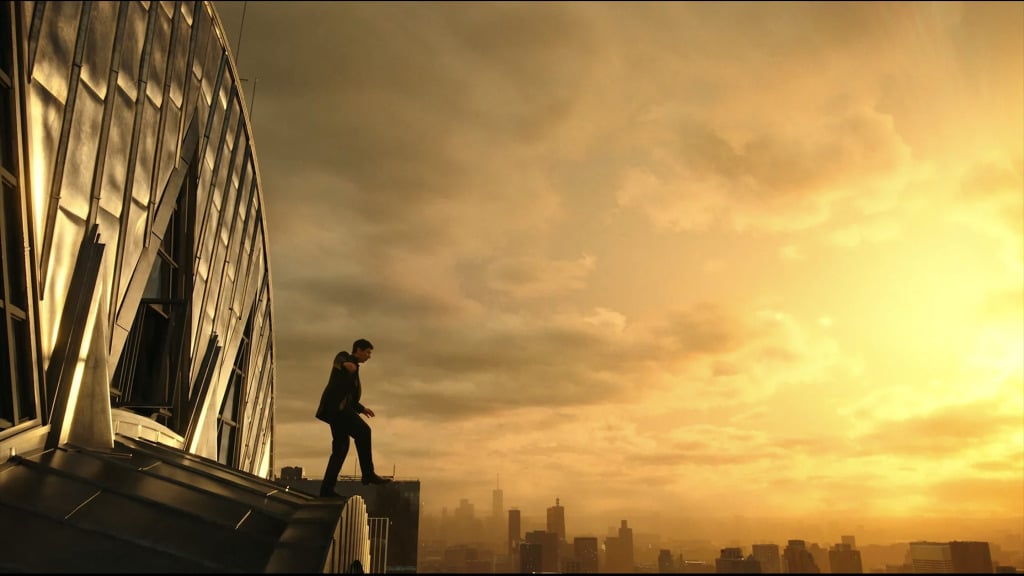
At the heart of Megalopolis is Time—the amount we’re given, our perception of it, and to what extent it can be controlled—and Coppola, keeping with the concept, fuses the past and the future to make his statement on the present, setting the film in a hybrid of modern day NYC and the Roman Empire called, aptly, New Rome. “America is not so different to old Rome”, muses Laurence Fishburne’s Fundi Norraine. Fundi serves as the film’s narrator, and driver to Cesar (Adam Driver), a virtuoso architect recently disgraced after being accused and acquitted of murdering his late wife, the memory of whom haunts his waking moments.
We open in the aftermath of an explosion that devastated New Rome, with Cesar drawing blueprints for its renovation in the form of the titular Megalopolis, a futuristic Eden rich with human connection and community—a city where the exchange of ideas is intrinsic to maintaining it’s utopia. Opposing him is Franklyn Cicero (Giancarlo Esposito), the conservative Mayor of the city who fears Cesar’s influence over the masses, and Clodio Pitcher (Shia Lebouf), Cesar’s power-hungry cousin and heir to Crassus National Bank, itself led by the Roman emperor-like CEO Hamilton Crassus III (Jon Voight). Things become even more complicated when Cesar falls in love with Cicero’s spellbinding daughter Julia (Nathalie Emmanuelle), who becomes the sole hope of balance in a deadly power struggle between those deciding the fate of a civilisation.
Megalopolis proves that even the most jarring, confounding films can show beauty in their failure. In all its chaos and messiness, it sometimes feels exactly as unchained as you might hope from one of the great American auteurs. There are traces of the auteur’s brilliance to be found inside of that, some that utilise its digital format magnificently. In one sequence, Cesar drives through the neon-drenched slums of New Rome witnessing the literal decay of his city around him, the city’s monuments coming to life then falling to ruin before his very eyes; another sees Cesar and Julia kiss atop a skyscraper with an impossibly golden sky as their backdrop, leaning in to the impressionism we saw in Bram Stoker’s Dracula (1992). Conversely, other sequences look flat and clumsily staged, miles below what we know Coppola is capable of. This isn’t helped by the wildly inconsistent tone of the story and setting, which can go from chariot race to pop-concert and thespian drama to camp comedy quite literally in a matter of seconds.
The highs are thrilling, there’s no question, but far and few between, and often buried by a fever dream of diabolically bad writing and mind-boggling story beats. “You’re anal as hell, well, I’m oral as hell…”, says opportunistic TV presenter Wow Platinum (Aubrey Plaza) as she drops to her knees to service Cesar; “Revenge tastes best while wearing a dress” cackles Lebouf as Clodio Pitcher—dressed head-to-toe in drag—after pulling off a nefarious scheme.
It’s hardly dialogue that flies gracefully from the page, but credit where credit’s due: though the talented band of supporting actors assembled here sometimes fail to hide their disbelief in the material they are performing, they try their very best to deliver the most ludicrous of Coppola’s dialogue as if it were Shakespeare’s finest. Elsewhere, Driver crumbles under the grandiosity of Cesar, whose messiah complex borders on tediousness, while the few nuggets of dialogue with true weight to them belong to Fishbourne, who is maybe the only actor in Megalopolis to successfully elevate the words on the page to the homeric scale Coppola seems to have intended.
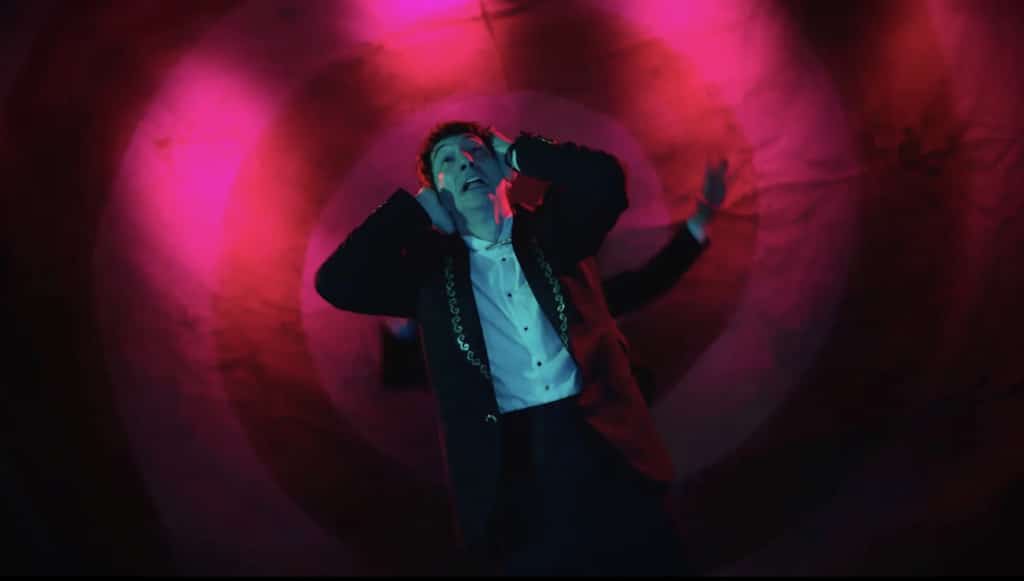
Along with brief moments of dazzling digital filmmaking, when all’s said and done, the saving grace of Megalopolis may be in the sincerity of its message, as overblown as its delivery is. Underneath the extravagance, Coppola has something to say here: about where art and community will find its place in a civilisation growing increasingly content to put both on the back-burner in favour of capital. It’s hard not to see Cesar as an avatar for Coppola, who spent decades dreaming up his vision for Megalopolis, only to run into opposition from financiers, distributors and the studio system virtually every step of the way.
Through this lens, Cesar’s adoration of Julia bursts with resonance—a love letter to the late Eleanor Coppola who stood by Francis’ side during even the most turbulent phases of his career, and who the film is dedicated to. Megalopolis may well be a disaster of technical filmmaking, but by this measure, it’s certainly not a meaningless one. The reality is quite the contrary. Like The Godfather Trilogy (1972), Apocalypse Now (1979), and Bram Stoker’s Dracula, Megalopolis is do-or-die, leap-of-faith cinema with a beating heart. It’s a work that features some of the most incoherent and frustrating filmmaking I’ve seen this year, and also some of the most staggeringly raw. For better or worse, this is Francis Ford Coppola the way I have always preferred him: all vision and no compromise. It’s just unfortunate that in this particular case his genius is betrayed by his madness.
This is Coppola shooting for the stars and missing the mark—though there’s still some merit to be found in the attempt.
For more Cannes 2024 coverage, click here.


